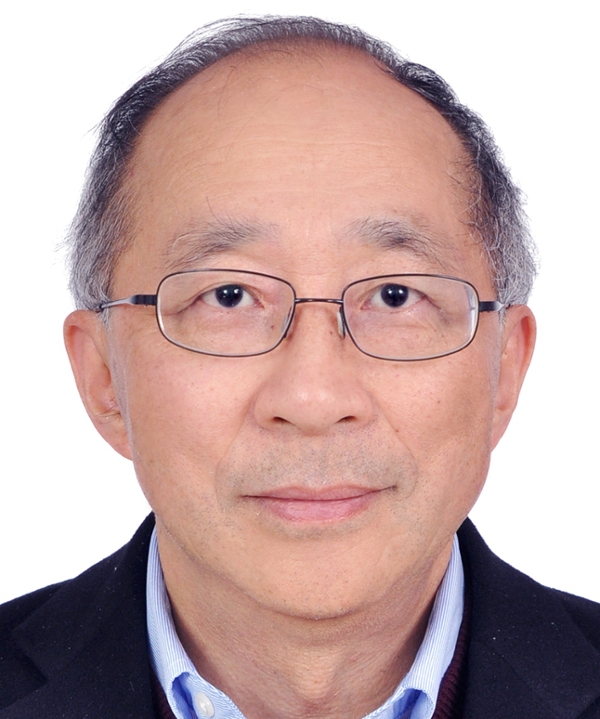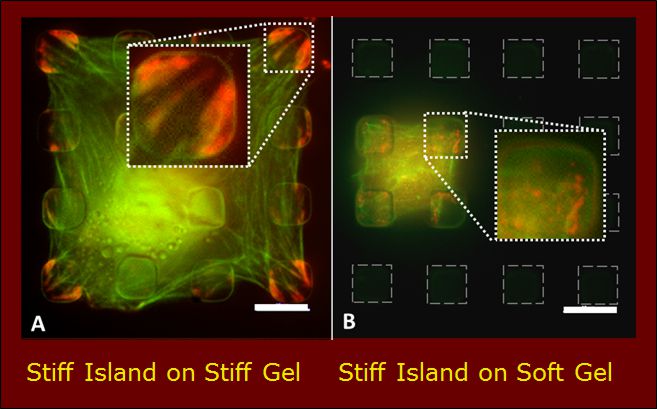
Dr. Yu-li Wang
Emeritus Mehrabian Professor, Biomedical Engineering
- Scott Hall 4N209
- 412 268 4442
- 412 268 3025
Scott Hall 4N209
Carnegie Mellon University
5000 Forbes Avenue
Pittsburgh, PA 15213
Education
- B.S., Physics, National Taiwan University, 1973
- Ph.D., Biophysics, Harvard University, 1980
Bio
Yu-li Wang's work experience in institutions of basic science, medicine, and engineering have allowed him to communicate with an unusually wide range of professionals. His major contributions include the development of live cell imaging using fluorescently tagged proteins (1970’s; Landmark Paper in Cell Biology), the elucidation of frontal extension mechanism for cell migration (1980’s), the development of elastic polyacrylamide substrates for cellular mechanical studies including traction force microscopy (1990’s), the demonstration of equatorial signals for triggering cell division (1990's), and the discovery of cellular sensitivities to materials rigidity (1990’s) and preferential cellular migration toward rigid materials (2000’s). His studies have been described in textbooks and have provided fundamental principles for tissue engineering. He has published over 120 papers and edited three books. Three of his papers have received over 2000 citations and four other papers received over 500 citations.
Research
Yu-li Wang’s research group has focused their effort on cellular mechanical activities that serve as the foundation for a wide range of health-related applications from tissue engineering to cancer treatment. Specifically, they are interested in how cells use mechanical means to probe the environment, respond to physical stimuli, communicate with each other, and propel the migration. Their recent studies have demonstrated the sensitivity of adhesive cells to the dimensionality of the environment and to their own shape and migration state. They have also discovered that cells use thin extensions at the front for probing and steering the migration, and use centrosomes to position the tail for retraction. They are also studying how a group of cells respond collectively to mechanical forces and undergo coordinated migration. They are deploying the knowledge of cell-material interactions for developing a new generation of composite materials for medical devices and artificial organs.
Research Interests: mechanical interactions between cells and the environment; mechanisms of cell migration and division; cellular mechanical activities; synthetic polymeric materials for cell, tissue, and organ engineering

Awards and Recognition
- Member, Academic Sinica
- Fellow, American Institute for Medical & Biological Engineering
-
National Institute of General Medical Sciences MERIT Award
- Advisory Council, National Institute of General Medical Sciences, NIH